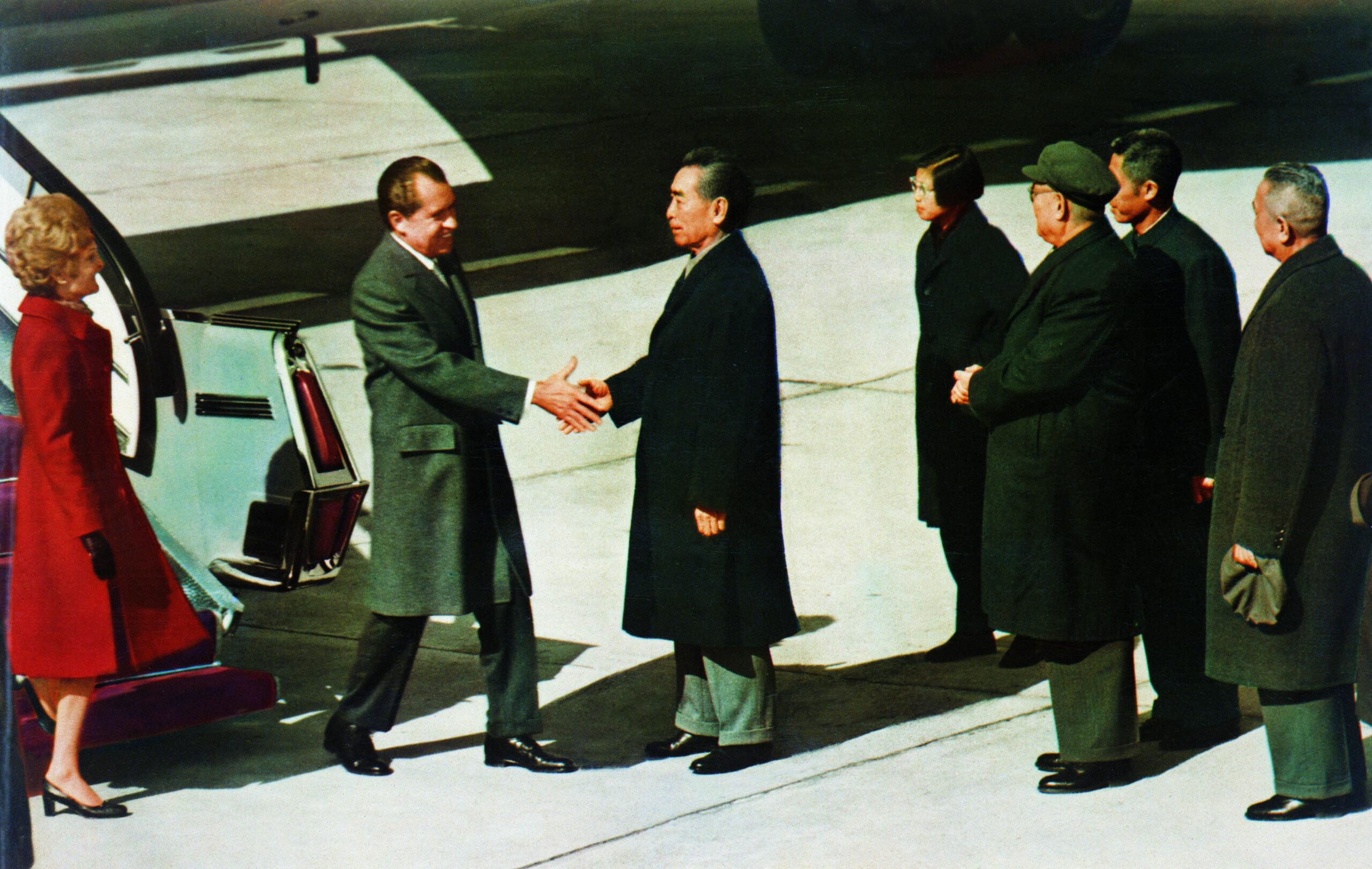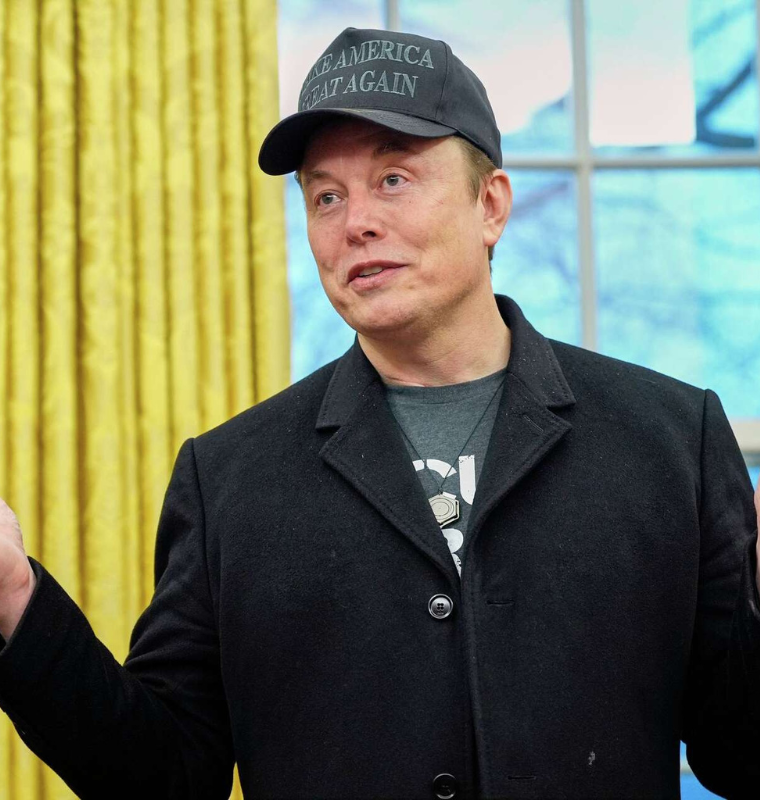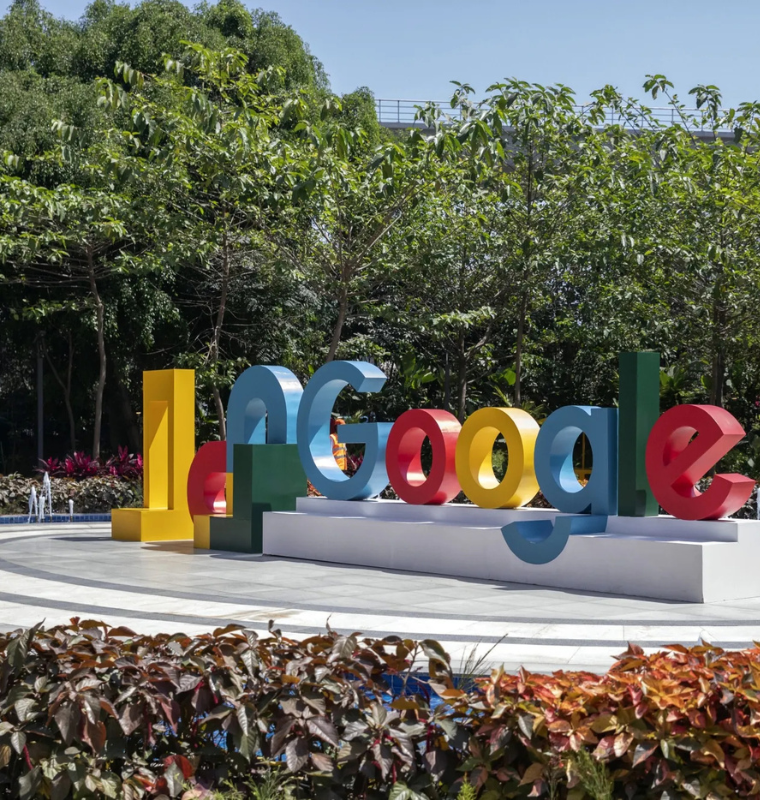Trust on the Brink: U.S.–China Relations Enter a New Era of Economic Retaliation
Trust on the Brink: U.S.–China Relations Enter a New Era of Economic Retaliation
By
David Goldfarb
Last updated:
October 14, 2025
First Published:
October 14, 2025

Photo: China Heritage
The already fragile relationship between the United States and China has taken another sharp downturn, as both nations exchange a new round of trade restrictions and retaliatory measures. Analysts warn that trust between Washington and Beijing has eroded to its lowest point in years, signaling a possible escalation that could have ripple effects across global markets.
Over the weekend, China unveiled a fresh framework restricting rare earth exports, expanded its blacklist of U.S. companies, and began charging American-linked ships new port fees. In response, U.S. President Donald Trump threatened to impose tariffs as high as 100% on Chinese goods, reigniting fears of a renewed trade war.
Beijing defended its export restrictions as “legitimate measures,” claiming they were necessary to protect national interests. Yet, analysts say both sides are acting from a place of deep mistrust and misinterpretation.
A Breakdown in Communication and Trust
“The root cause of the tension is a lack of mutual trust,” said Larry Hu, Chief China Economist at Macquarie Group. “Both sides view each other’s actions through a lens of suspicion, leading to overreactions and retaliation.”
Hu explained that during the London talks in June, both countries reportedly reached a tentative “rare earths for tech” understanding, where China would ensure supply of rare earth elements while the U.S. eased tech export restrictions. But subsequent policy shifts on both sides have fueled accusations of bad faith.
Similarly, Jianwei Xu, Senior Economist for Greater China at Natixis, warned that even if the two nations manage to de-escalate in the short term, “the damage to trust is already done.”
The Chain Reaction: Policies and Perceptions
Analysts say the latest conflict stems from a new U.S. export control rule issued on September 29, which expanded restrictions to include subsidiaries majority-owned by blacklisted Chinese companies. Washington viewed it as a technical update, but Beijing saw it as another targeted attempt to choke its technology sector.
China’s retaliatory move—restricting exports of rare earths, a group of 17 critical minerals used in semiconductors, EV batteries, and defense systems—is seen as a mirror image of Washington’s ban on advanced chip exports to Chinese firms.
From China’s perspective, it’s a question of strategic parity. But to the U.S., it appears as a pressure tactic ahead of potential negotiations between Trump and Chinese President Xi Jinping at the APEC summit in South Korea later this month.
Corporate Fallout: Global Chipmakers Caught in the Crossfire
The standoff is already shaking global markets and supply chains. On Friday, Wall Street saw a broad sell-off as tech investors reacted to the new Chinese export rules.
According to Gabriel Wildau, Managing Director at Teneo, China’s latest regulation could force major companies like Nvidia, TSMC, and Intel to obtain licenses from Beijing to export any product containing more than 0.1% of Chinese rare earths by value.
“This policy is modeled after the U.S. Commerce Department’s own ‘foreign direct product rule,’ which extends U.S. export restrictions to goods made abroad using American technology,” Wildau noted.
The similarity underscores what many economists describe as “reciprocal containment”—each side copying the other’s restrictions, leading to an increasingly complex global trade landscape.
Markets React as Diplomatic Channels Struggle
Following the announcement, Chinese equities dipped on Monday, echoing the decline in U.S. markets. However, U.S. futures recovered slightly, as traders bet that cooler diplomatic heads might prevail.
Yet, the timeline of the new measures suggests both sides are playing a calculated waiting game. Nomura’s Chief China Economist, Ting Lu, pointed out that Trump’s tariff hike deadline is set for November 1, while Beijing’s rare earth export curbs take effect on December 1—leaving a narrow one-month negotiation window that could determine whether the standoff stabilizes or escalates further.
Inside China: Controlled Countermeasures, Not Confrontation
From Beijing’s perspective, these actions are seen as measured responses, not outright confrontation. Liu Weidong, a senior researcher at the Chinese Academy of Social Sciences, argued that U.S. pressure has historically proven ineffective.
“Such pressure only pushes China to strengthen its own position,” Liu said, describing the rare earth measures as “moderate and controlled countermeasures aimed at maintaining long-term stability.”
He added that while China remains open to negotiation, it will not tolerate what it sees as economic coercion disguised as policy reform.
A Fragile Road Ahead
Despite the escalating rhetoric, both leaders appear to be leaving the door open for dialogue. Trump has expressed interest in meeting President Xi later this month, while China has neither confirmed nor ruled out the possibility.
For now, global markets and corporations remain on edge, waiting to see whether diplomacy can prevail before the world’s two largest economies drift further apart.
As one analyst put it, “This is no longer about trade alone—it’s about trust, influence, and the future balance of global power.”
Popular articles
Subscribe to unlock premium content
The Experience Premium: Why People Spend Thousands on Moments, Not Things

Countries With Weirdly High Happiness Levels That Defy Logic

The Rise of Digital Detox Retreats and Their Unexpected Business Potential

The Experience Premium: Why People Spend Thousands on Moments, Not Things

Countries With Weirdly High Happiness Levels That Defy Logic

The Experience Premium: Why People Spend Thousands on Moments, Not Things









